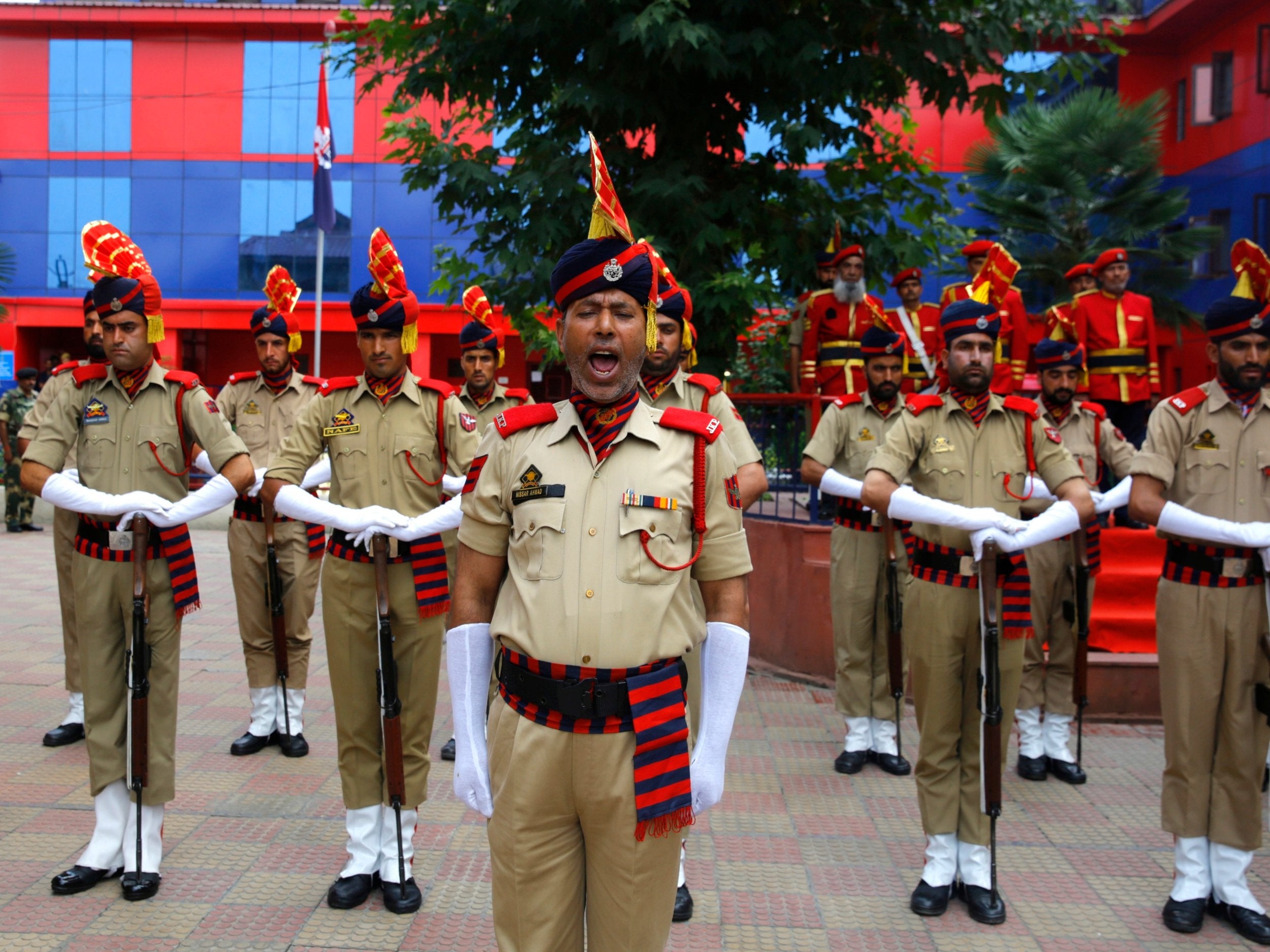India and Pakistan engage in war of words at UN over Kashmir
Ambassadors trade barbs over disputed region, and whether the UN is up to task of mediating crisis

Diplomats from India and Pakistan aired their differences over the disputed region of Kashmir at the UN this week, in what was supposed to be a general session on the merits of mediation at the organisation’s headquarters in New York.
UN secretary general Antonio Guterres opened the Security Council debate by saying that mediating peace had become “increasingly complex” in the modern world - and so it proved, as bitter rivals India and Pakistan used the session to trade barbs.
Nestled in the Himalayas, the broader region of Kashmir is split by the line of control between India and Pakistan, with both countries claiming it in full. The pair have fought two wars over the Muslim-majority region since the partition of India in 1947, and it remains among the most highly-militarised zones in the world.
Pakistan’s ambassador to the UN, Maleeha Lodhi, used Wednesday’s debate to push for India to accept a UN Security Council resolution suggesting Kashmir’s fate be decided by a UN-administered referendum on sovereignty.
Ms Lodhi said UN mediation in peace disputes was doomed to fail “if the Security Council’s own resolutions are held in abeyance, by some” - a not-so-subtle reference to India.
“Both the Council’s credibility as well as the objective of durable peace in our region is at stake,” Ms Lodhi said, adding: “We must not fail these tests.”
India’s ambassador to the UN, Syed Akbaruddin, hit back more directly, calling Pakistan out by name as “the one isolated delegation that made unwarranted references to an integral part of India”.
India has repeatedly taken issue with UN resolutions and reports on its portion of Kashmir, the state of Jammu and Kashmir, and Mr Akbaruddin said again on Wednesday that the international body was “ill-suited to perform mediation… in every circumstance”.
Pakistan, he said, was “regurgitating a failed approach, which has long been rejected”, rather than showing willingness to work towards peace.
And in a reference to the election of former cricket star Imran Khan as prime minister of Pakistan, Mr Akbaruddin added: “We hope that the new government of Pakistan will, rather than indulge in polemics, work constructively to build a safe, stable, secure and developed South Asian region, free of terror and violence.”
Since coming to power, Mr Khan has mentioned Kashmir in a number of different speeches as a foreign policy priority, while emphasising the importance of improving relations with India to Pakistan’s economic prospects. "If India takes one step towards us, we will take two," he said in his first address after winning July’s election.
For his part, India’s prime minister Narendra Modi has expressed willingness to pursue "meaningful" and "constructive" engagement with Mr Khan, in a letter on 18 August congratulating the latter on his inauguration.
Relations between India and Pakistan improved substantially during Mr Modi’s first two years in power, but plummeted in 2016 following a spate of attacks on Indian diplomatic and military assets that was blamed, by India, on a militant group with close links to the Pakistani security services.
Bookmark popover
Removed from bookmarks